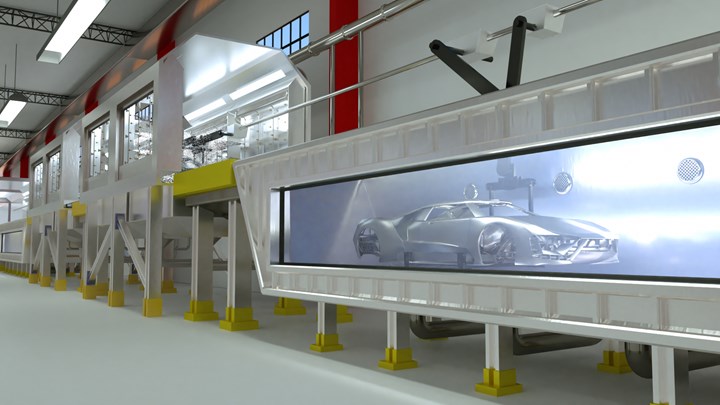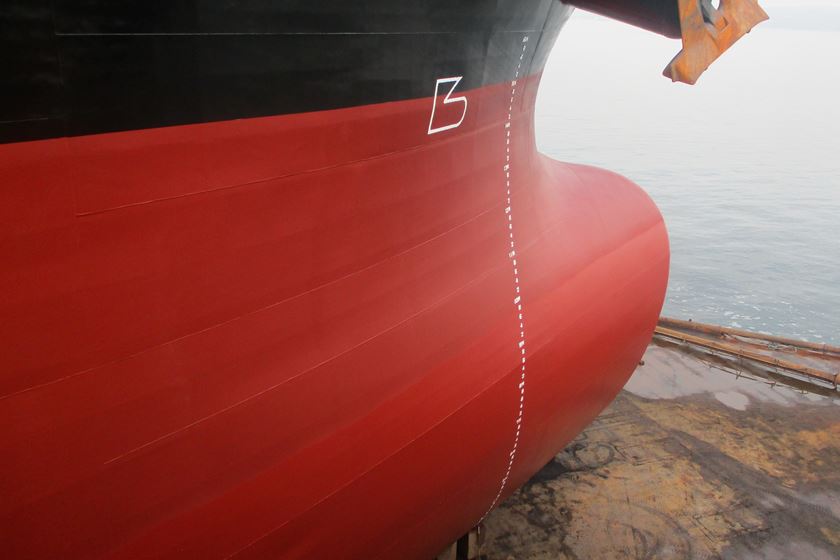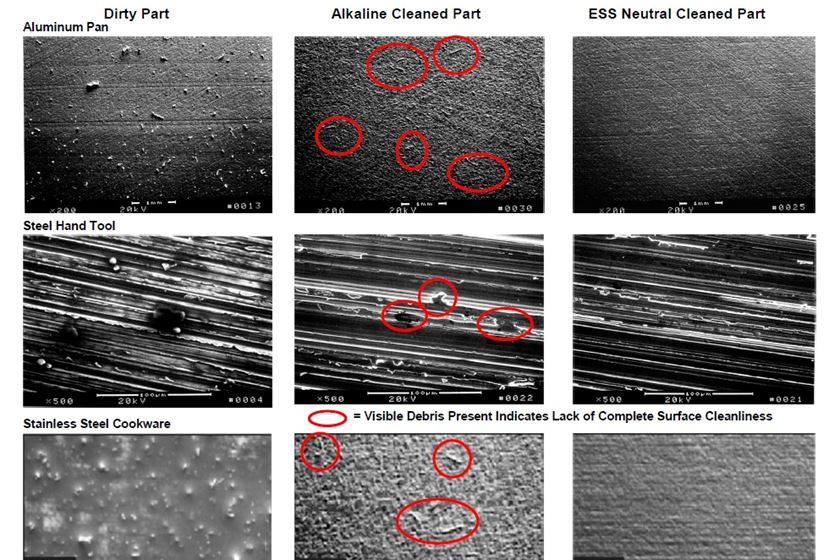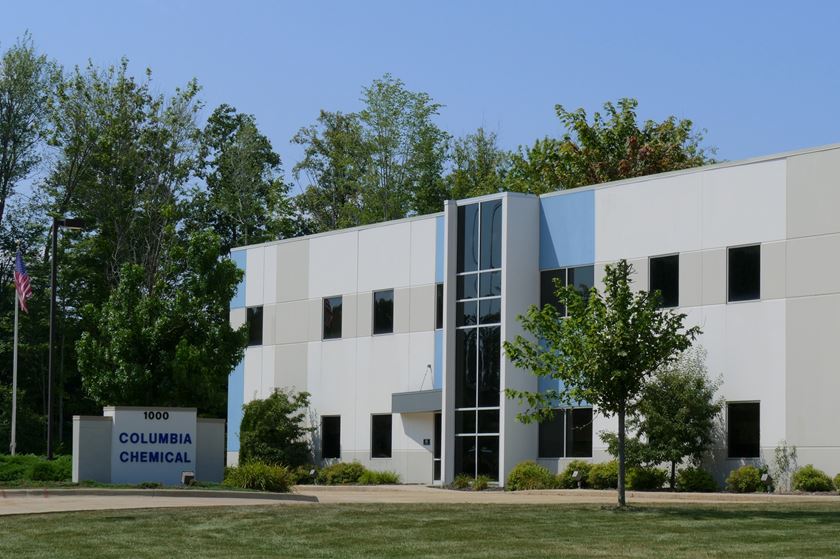Henkel Pretreatment Process Recognized for Sustainability
Henkel’s Pallumina, a next generation metal pretreatment process for automotive production, has been recognized with an Altair Enlighten Award for its sustainability contributions.
#sustainability #automotive
Edited by Scott Francis

Photo Credit: Henkel Corp.
Henkel’s next generation metal pretreatment process has received the second-place award in the sustainability category of the 2021 Altair Enlighten Awards. The award honors the greatest sustainability and lightweighting advancements in the automotive industry. Henkel’s Altair Enlighten Award recognizes the use of the Pallumina metal pretreatment process on the 2021 Toyota Tacoma and Tundra. More than 4 million vehicles are pretreated annually with Pallumina.
Metal pretreatment is an essential part of vehicle production, as it enables paint adhesion to the vehicle body, while preventing corrosion. Henkel’s next generation metal pretreatment process, also referred to by Henkel as the Bonderite Thin Film Process and Pallumina, reduces the manufacturing steps of a conventional metal pretreatment process from seven to four. Key environmental advancements include the elimination of heavy metal phosphates, such as zinc phosphate, nickel phosphate and manganese phosphate, up to a 90% reduction in sludge generation, up to a 40% reduction in energy and up to a 50% reduction in water usage.
“Sustainability advancements are absolutely crucial to both Henkel and our customers,” says Mike Quail, Senior Corporate Vice President, Global Automotive OEMs, Henkel. “Ambitious targets to cut carbon footprint, reduce waste and use more renewable energy are in place throughout the automotive industry. Henkel’s next generation metal pretreatment process is just one example of how we’re helping our customers reach those goals.”
Henkel’s next generation metal pretreatment process is effective across all major metals and can process up to 100% aluminum, further enabling the use of this lightweight metal. Use of aluminum is expected to double from approximately 13% on passenger cars and trucks today to 26% by 2040, according to the Center for Automotive Research. Aluminum plays an essential role in improving fuel economy standards of internal combustion engine vehicles and offsetting added weight of Battery Electric Vehicles.
RELATED CONTENT
-
The Hull Cell: Key to Better Electroplating - Part II
How to use it for planning, preventive maintenance and troubleshooting.
-
Powder Coat MDF for an Enviable Finished Product
Cabinet maker says powder coating on wood offers more benefits.
-
Zinc Phosphate: Questions and Answers
Our experts share specific questions about zinc phosphate and pretreatment
















